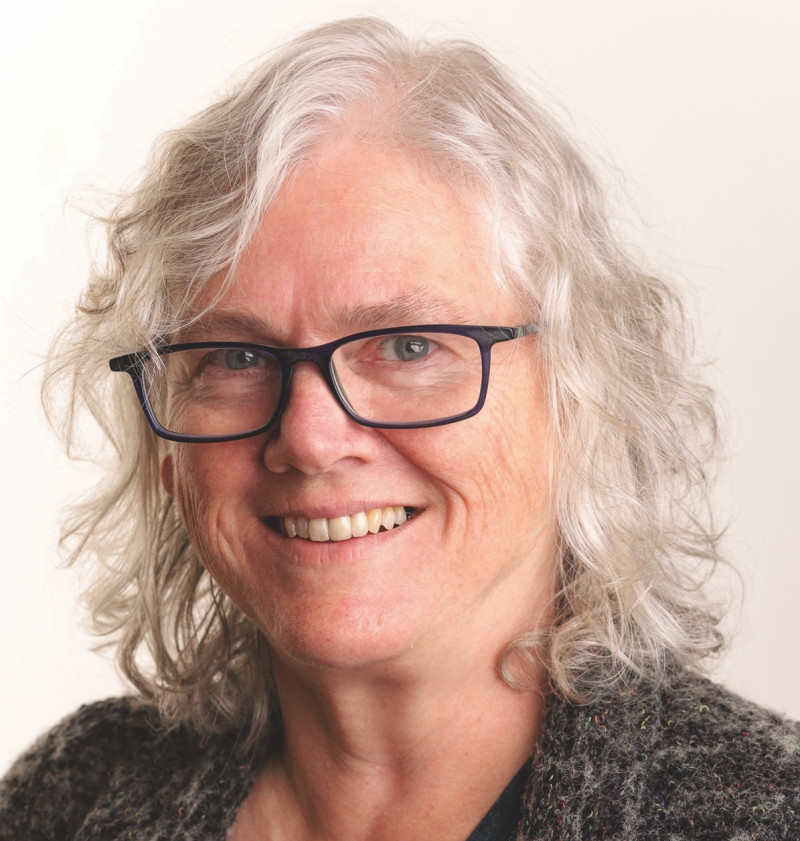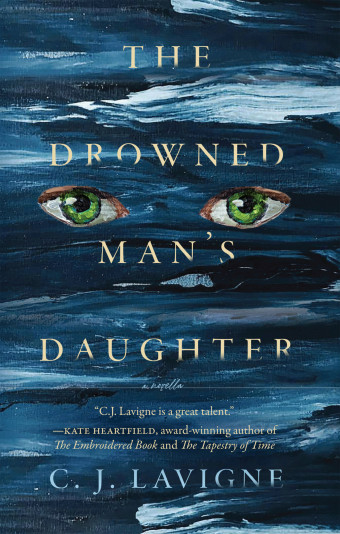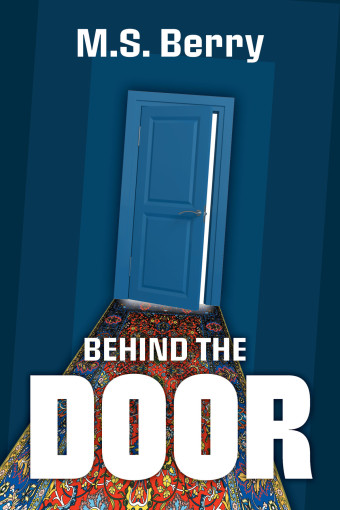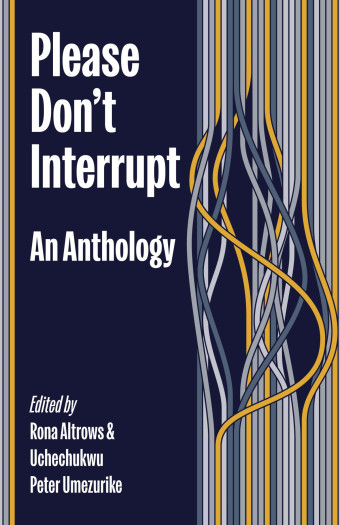Catherine Hunter, an award-winning poet and a fiction writer from Winnipeg, tells the story of Clare and Rich in her collection of linked short stories, Seeing You Home.

- Seeing You Home
- Catherine Hunter
- Signature Editions
- $22.95 Paperback, 256 pages
- ISBN: 978-17-73241-59-3
The 10 stories catch the reader by the throat. They move from the present to the past and back again, as readers meet Rich in the hospital, then learn how Rich and Clare – very different people – get together. The minor characters are finely drawn, adding to our knowledge of Clare and Rich and the loving circle they create. Clare, however, eventually carries the story.
Twenty years after they meet, Rich is diagnosed with lung cancer, which metastasizes. Clare teaches at the university, but is now also shouldering the burden of the household and medical appointments.
Hunter has written from experience, and says, “At times I was writing about events as they were happening. In retrospect, it’s a good thing I kept writing throughout it all, because there is so very much from those terrible days that I can’t remember.”
After Rich’s death, Clare finds herself without a road map for her new reality, though well-meaning friends have a lot of advice. Hunter describes the very specific and somehow surreal effects on Clare.
“Grief does strange things to a person’s brain, and that was partly what I was trying to capture in the stories – the way Clare experiences time warps. Worry transports her to the past or future, ideas and plans slip her mind, she can’t concentrate, she misplaces and loses things.
“Her sense of time and space are distorted. Her identity is precarious – she shifts from thinking of herself in the first person to the third person and back again. And always there’s her awful forgetfulness, that feeling she can’t hold on to anything.”
All of these are symptoms of grief that are rarely talked about, says Hunter. “When your person dies, your world has changed so radically it seems like you’re in another dimension. At the same time, you’re perfectly sane, going about your life, knowing that it really did happen.”

Seeing You Home evolved organically, Hunter explains. “When my husband was extremely ill, somebody stole his phone from his hospital room while he was sleeping. I wrote a story about it. Much later, after he died, the furnace broke down. It took six different house calls, by three or four different repairmen, each with a different theory, to fix it. I wrote a story about that too. A couple of years later, when a squirrel took up residence in an old carpet in my backyard, I wrote another story.
“Soon it began to look like a series of stories about grief and widowhood. It wasn’t until most of the stories were already finished that I decided on an order for them and turned the project into a book.”
The final story, “Seeing You Home,” is a beautiful coda, expanding on love and sorrow.
“The structure of a story forces some form of progression on events, and eventually forces some kind of closure, no matter how tenuous or temporary.”













